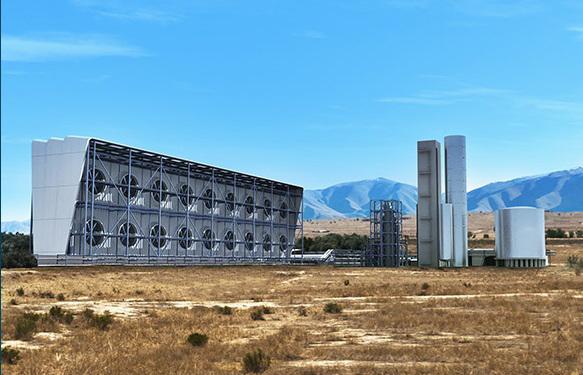
The Ottawa government is assessing the impact of the coronavirus pandemic on an ongoing competition to develop Canadian-produced sustainable aviation fuels (SAF).
Launched in February 2019, the Sky’s the Limit Challenge includes a prize for the first cross-Canada airline flight on domestically produced biofuel.
Organized by federal agencies Impact Canada and Natural Resources Canada, the Challenge has two pieces. The Green Aviation Fuels Innovation Competition is offering a C$5 million ($3.6 million) grand prize for the most economical and environmental SAF produced in Canada.
Four finalists were selected in late May 2019, each receiving C$2 million toward develop of their SAF. The submission deadline for the final prize is current scheduled for Nov. 1, with the winner to be announced by March 31, 2021.
Under the companion Cross-Canada Flight Competition, C$1 million is to be awarded to the first producer with a made-in-Canada biojet fuel that can be purchased by a major Canadian airline and used for a 3,000-km (1,620-nm) flight in at least a 10% blend with conventional jet fuel. Currently the competition closes on Jan. 1, 2021, with the winner to be announced by March 31, 2021.
“We are monitoring the COVID-19 situation closely and understand that many organizations are impacted,” National Resources Canada told Aviation Week. “We are in regular contact with the finalists and are exploring all options available to ensure the Challenge will be successfully completed. This includes the possibility of extending the timeline of the program.”
One of the Challenge finalists, the SAF+ Consortium, has already signed an agreement with Ontario-based Zeton for the engineering, procurement and production of a pilot plant to produce jet fuel from industrial emissions. The consortium includes Air Transat, airport operator Aeroports de Montreal, CO2 Solutions for carbon dioxide capture and Carbon Consult Group for CO2 footprint management.
The other finalists are British Columbia-based Carbon Engineering, which is pioneering direct air capture of CO2 from the atmosphere using renewable electricity; Quebec’s Enerkem, which is taking a hub-and-spoke approach to producing SAF from municipal waste and forestry biomass; and Alberta-based Forge Hydrocarbons, which plans to build a plant in Ontario to produce SAF for waste fats and oils.
